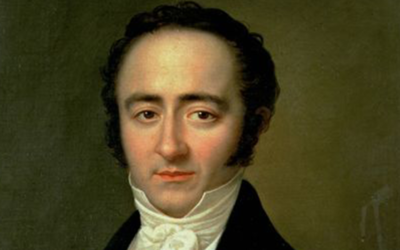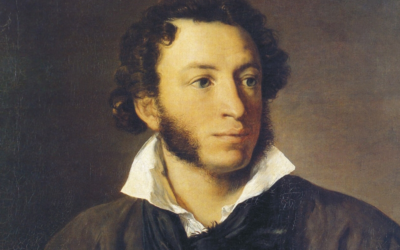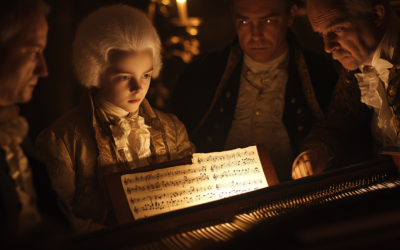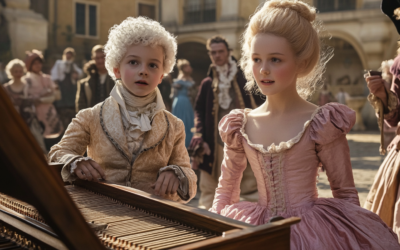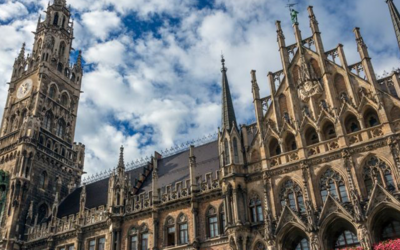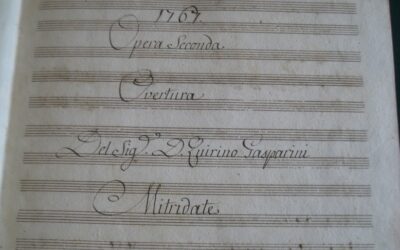Teaching Mozart at Bocconi University
A Fresh Look at Word and Music
We delivered a four-hour lecture on Mozart at Bocconi University, showcasing unpublished music by Gasparini, Gatti, and Tozzi while comparing textual and musical treatment with Mozart’s works. Unseen variants from Le Nozze di Figaro were also revealed.
Mozart: The Fall of the Gods
This book offers a fresh and critical look at the life of Wolfgang Amadeus Mozart, challenging the myths that have surrounded him for centuries. We strip away the romanticised image of the “natural genius” and delve into the contradictions within Mozart’s extensive biographies. Backed by nearly 2,000 meticulously sourced citations, this work invites readers to explore a deeper, more complex understanding of Mozart. Perfect for those who wish to question the traditional narrative, this biography is a must-read for serious music lovers and historians.
"Unseen musical and textual variants from Le Nozze di Figaro manuscripts, presented for the first time, brought a fresh perspective to Mozart’s treatment of words and music."
@MozartrazoM
We recently had the honour of giving a four-hour lecture on Mozart at the prestigious Bocconi University in Milan. The lecture focused on the intricate relationship between words and music, delving into how composers of the Classical Period treated texts in their operas. We were excited to present previously unheard music by Quirino Gasparini, Luigi Gatti, and Giuseppe Tozzi, comparing their treatment of texts with that of their contemporary, Mozart.
The lesson also explored the textual challenges found in Mozart’s works, particularly focusing on previously unpublished variants of both text and music. These variants were sourced directly from manuscripts of the first performance of Le Nozze di Figaro in Vienna, shedding new light on this iconic work. The lecture was met with great enthusiasm, as a large group of students actively engaged with the discussion and the unique materials we presented.
You May Also Like
Georg Nissen and the Missing Notebooks – Part II
This second part delves deeper into Georg Nissen’s scheme to expose the truth about Mozart’s death, and the roles of Constanze Mozart and her sons in keeping it buried. As new details emerge, the mystery surrounding the famous composer’s final days grows even darker, with powerful forces potentially at play.
Mozart and Salieri
Pushkin does not see Salieri as a mere mediocre. In fact, Salieri embodies the struggle of the artist, much like Michelangelo, who reaches greatness through relentless effort. Pushkin himself identifies with both Mozart and Salieri, but he emphasises that true art demands work, discipline, and sacrifice. In poisoning the Mozartian element within himself, Salieri performs a service to art, freeing it from the frivolity of effortless genius. ‘Can genius and malice coexist?’ Pushkin’s answer is complex, but in the end, Salieri’s act seems to affirm that true creation lies in the hands of those who strive.
The Fabrication of Genius
Leopold Mozart’s tireless efforts to promote his son Wolfgang as a child prodigy were rooted in manipulation, exaggeration, and a relentless drive for social success. Far from being a miraculous genius, Wolfgang was pushed into the spotlight by his father, whose grandiose claims often obscured the reality of his son’s abilities.
The Myth of Mozart
A critical examination of Wolfgang Amadeus Mozart’s life reveals a man shaped more by his father’s ambitions than by innate genius. Stripped of the myths, Mozart’s early years reflect a childhood dominated by relentless touring, inconsistent education, and a legacy built on exaggerated achievements. Discover the real story behind the legend.
The Return of Gatti’s Aria
In the magnificent Max Joseph Hall of the Residenz München, tenor Daniel Behle performed the aria “Puoi vantar le tue ritorte” by Luigi Gatti, taken from his opera Nitteti. This concertante piece, for which we composed the cadenzas, was brought to life by the Salzburger Hofmusik orchestra under the direction of Wolfgang Brunner.
Quirino Gasparini’s Music Performed for the First Time
For the first time in modern history, Quirino Gasparini’s music has been performed. This concert, featuring arias from Mitridate and Beethoven’s Seventh Symphony, was conducted by Maestro Leonardo Muzii, with soprano Anastasiia Petrova.


